At least six Atlanta Public Schools schools are being staffed with part-time paraprofessionals instead of librarians for the 2025-26 school year. These schools are all 100% economically disadvantaged and all have nearly 100% minority enrollment.
These schools, Humphries Elementary, Scott Elementary, Tuskegee Airman Global Academy, Carver Early College, Therrell High School and Washington High School, represent a larger trend across APS and America.
Andrea Tomlin, a library assistant at K-8 public charter school, Wesley, said this staffing model causes students to miss out on critical experiences.
“Every single one of those children in those schools is missing out on a magical moment in their school life,” Tomlin said. “Not only do they not have the opportunity to explore books at their leisure every week, but they don’t have a passionate person driving those books.”
The literacy benefits of full-time certified librarians are often stronger for at-risk learners, including minorities and low-income students, than for all other students combined. Yet, these are the same groups seeing their programs cut. Sherry Neal, media specialist at David T. Howard Middle School, believes the research speaks for itself.
“If you care about test scores, it increases test scores,” Neal said. “If you care about student well-being, it increases student well-being – having access to information, learning how to use research skills, all these things.”
Brian Montero, Midtown High School library media specialist for nearly 20 years, thinks it is best for librarians to focus on protecting and promoting their library’s place in the school despite what may be happening at the board, state and national level.
“There’s this financial decision and bottom line that we have to look at now, whether we like it or not,” Montero said. “I think it’s more important to figure out, rather than trying to control things that are out of our control, what the library can do for the particular school.”
That looks different in every school. For Tomlin, it means fostering an early love for reading and the library.
“Just today, kindergarten came in for the first time,” Tomlin said. “I’m reading to them, and a kindergartner starts laughing, and they’re like, ‘You’re so silly, I’m gonna like it here.’”
Tomlin, Neal and Montero also sponsor several clubs and programs at their schools. Neal believes hers, like the library, are key safe spaces.
“Both Geeks & Gamers and the Gender Sexuality Alliance provide an outlet for kids who are maybe not finding their interest in the main school day,” Neal said. “I love providing a space in the library for everyone to come in and find a community, engaging activities that they enjoy and maybe even get some books while they’re there.”
Senior Kai Huber participated in both the GSA and Geeks & Gamers while at Howard. He says the clubs helped him through middle school.
“They were mostly just a time for me to be with my friends and a supportive environment because middle school was kind of a tough time for me,” Huber said. “Librarians are a really, really important part of school because they can give kids safe spaces like that, and they often end up leading some of the most important clubs.”
Montero sponsors Helen Ruffin Reading Bowl and Model UN at Midtown. His library focuses on the needs and interests of the community.
“Knowing all the stuff that’s out there, knowing the climate, the culture – since we do have the library, how can I maximize what we do here to make it really work for our community?” Montero said. “I just hope that organically grows and leads to something more positive for other schools.”
Tomlin emphasized the unique benefits of reading, particularly in fostering compassion and empathy.
“When I see students coming from schools who say they’ve never had libraries, I’m incredibly saddened,” Tomlin said. “Textbooks are ok, but books are people’s hearts. They’re writing what their life experiences are. They’re writing what it’s like to be from a different country, or a different culture, or a different religion.”
Similar to Tomlin, Neal believes there’s a book for every child and every skill or situation.
“Math has its own literacy, and numeracy is its own language, and those skills can be supported by the library too,” Neal said. “It’s really important for librarians to not only be in schools, but to be able to focus on those things and to work with students and teachers to develop those skills.”
Students with full-time certified librarians score significantly higher in both reading and math. Still, different schools are faced with different circumstances.
“Some schools, they have had to make that hard choice,” Montero said. “They would love to have a library in an ideal world, but I think the budgetary concerns make it so that they may feel they might need to put that money toward hiring more support staff or something.”
Neal believes removing librarians from certain schools could intensify equity gaps.
“What I would like to see is that being more uniform, where there’s that commitment in all schools,” Neal said. “It really, really is an equity issue when you pull down to it.”

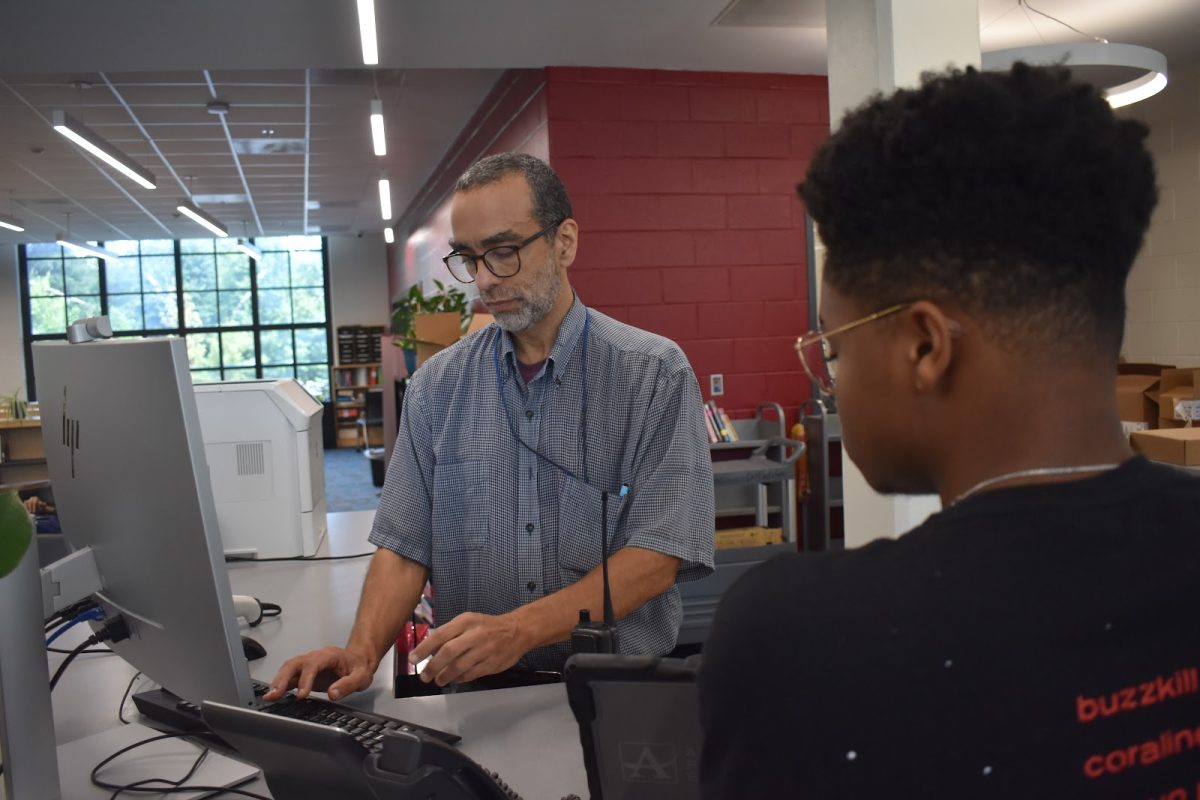







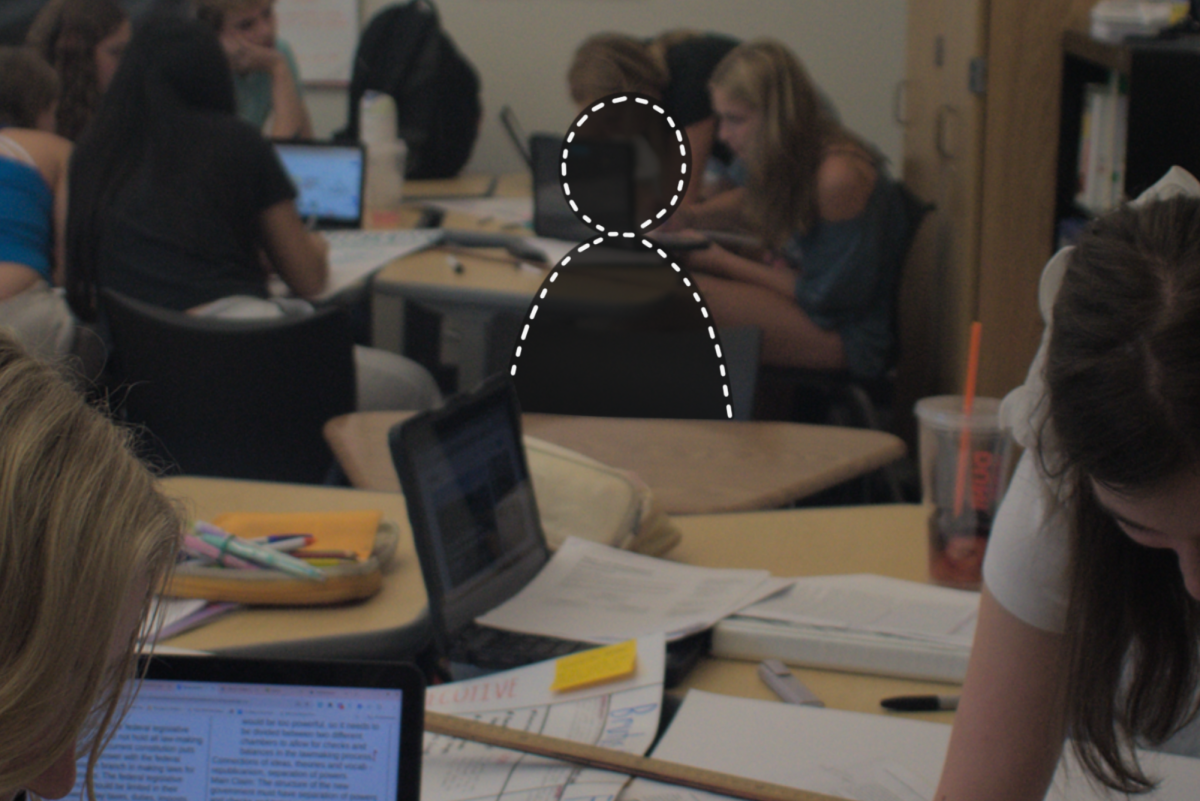
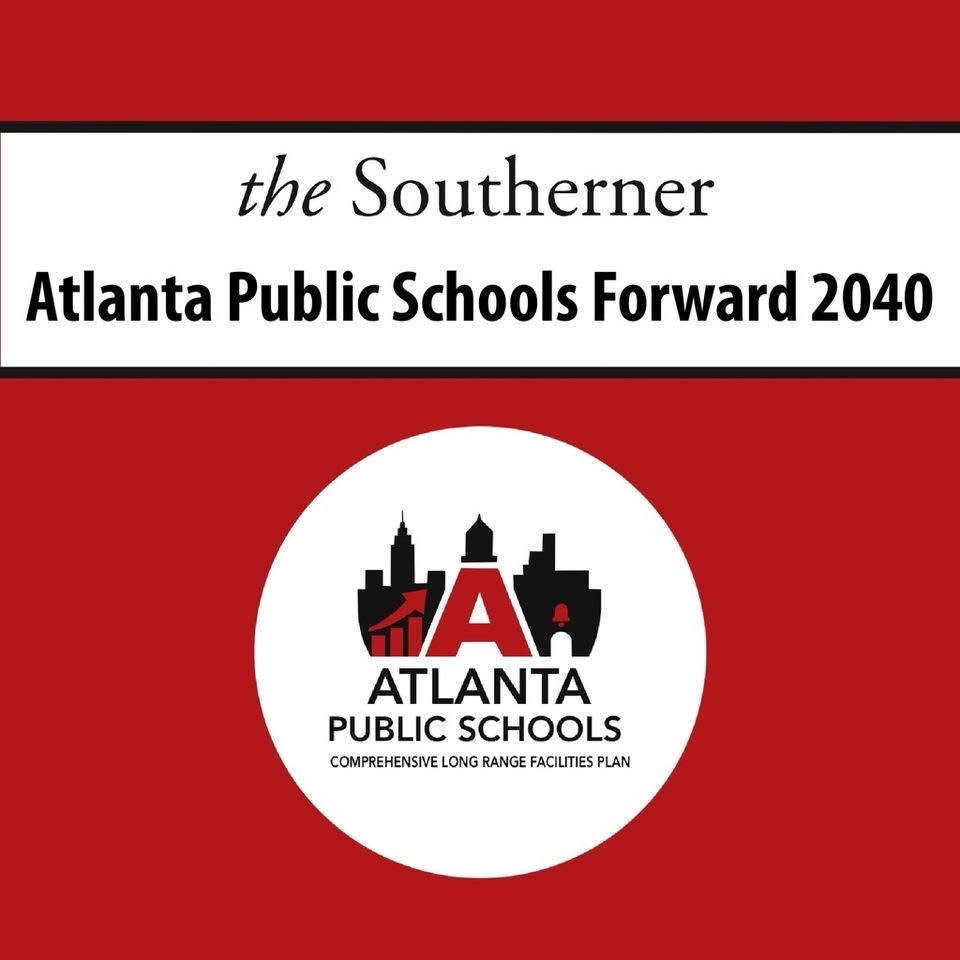
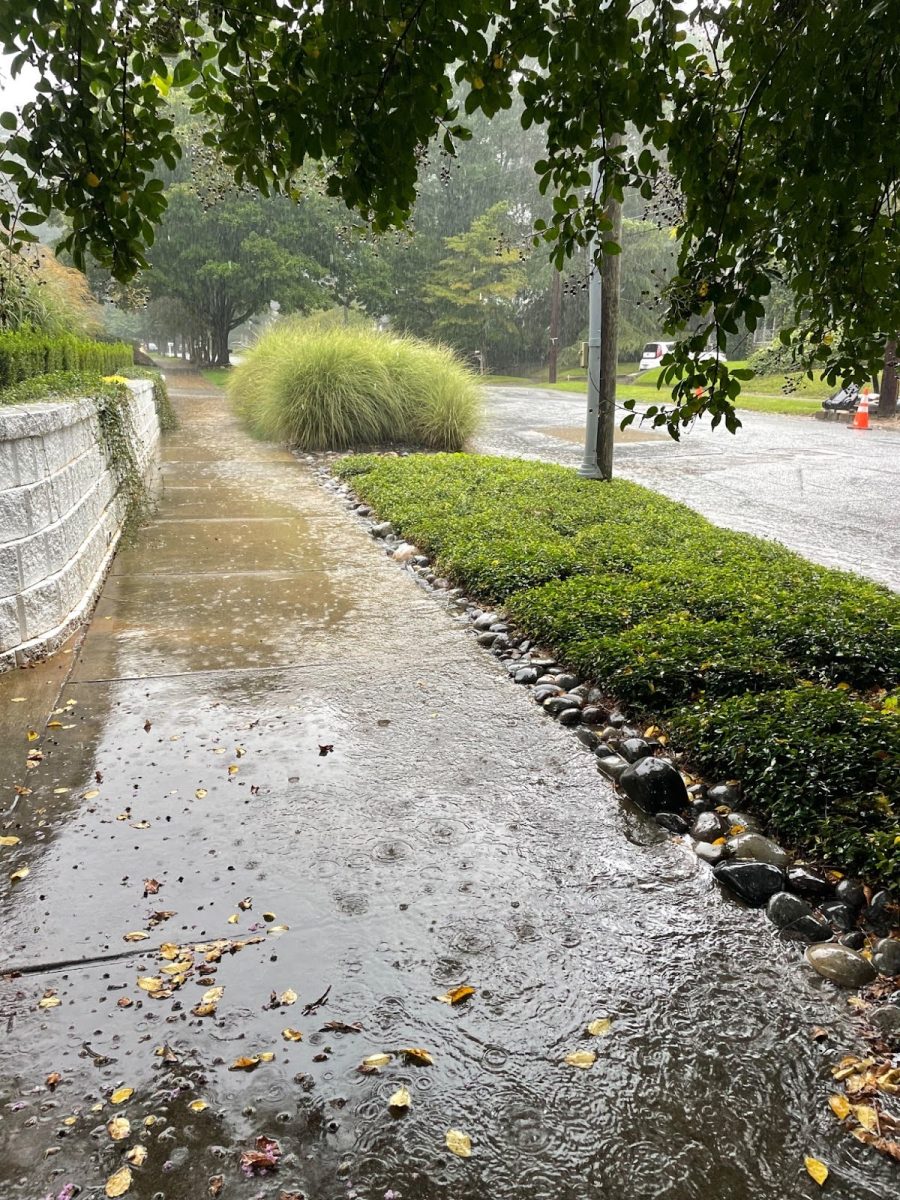
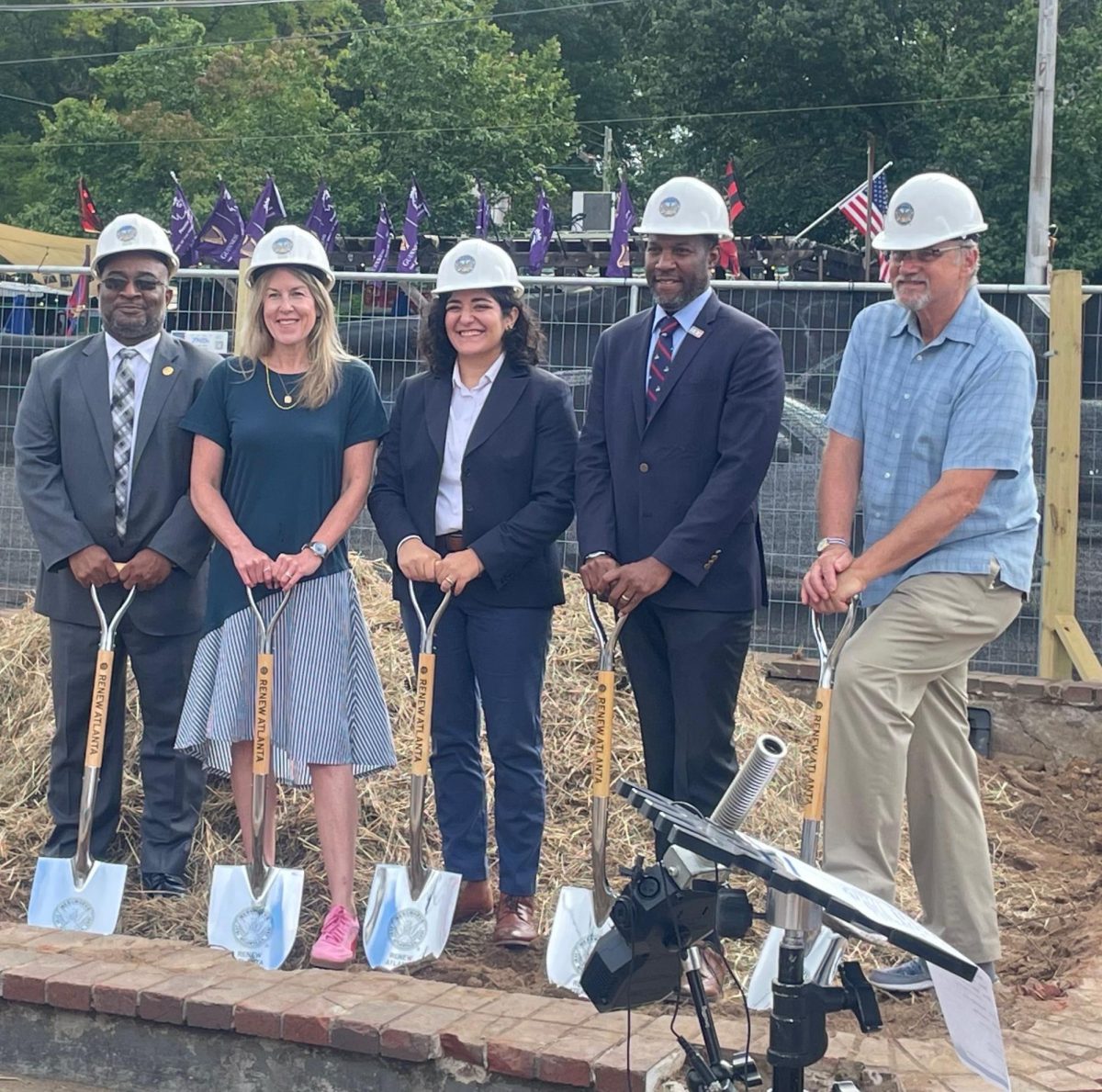
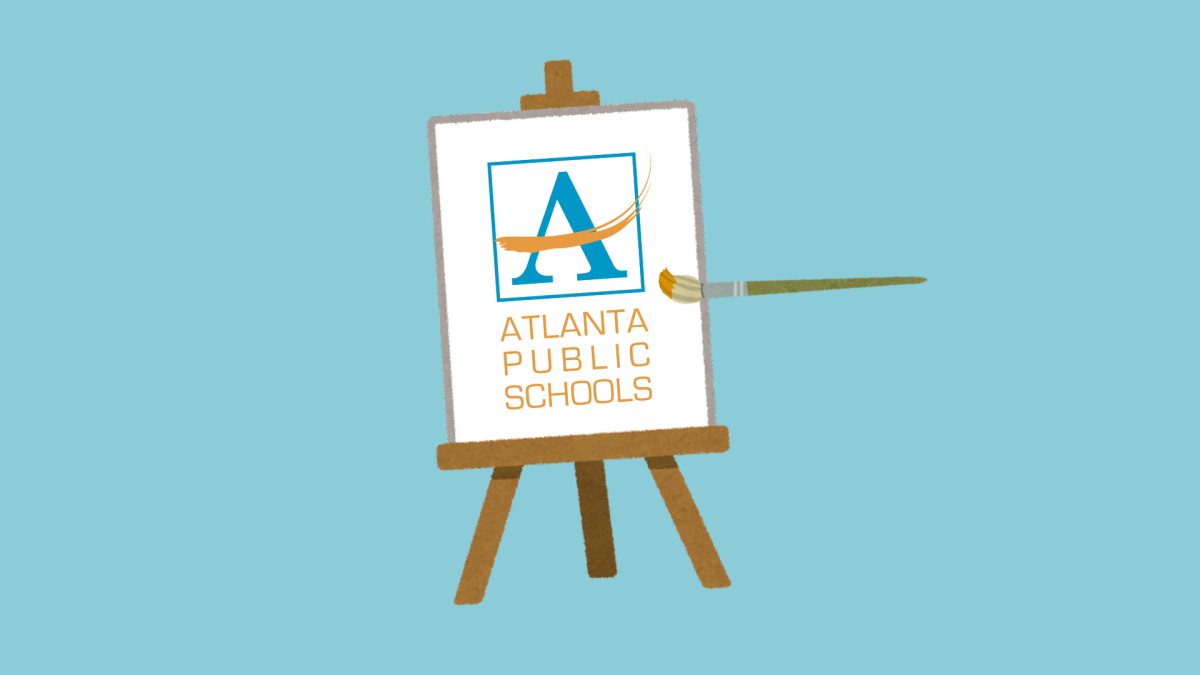





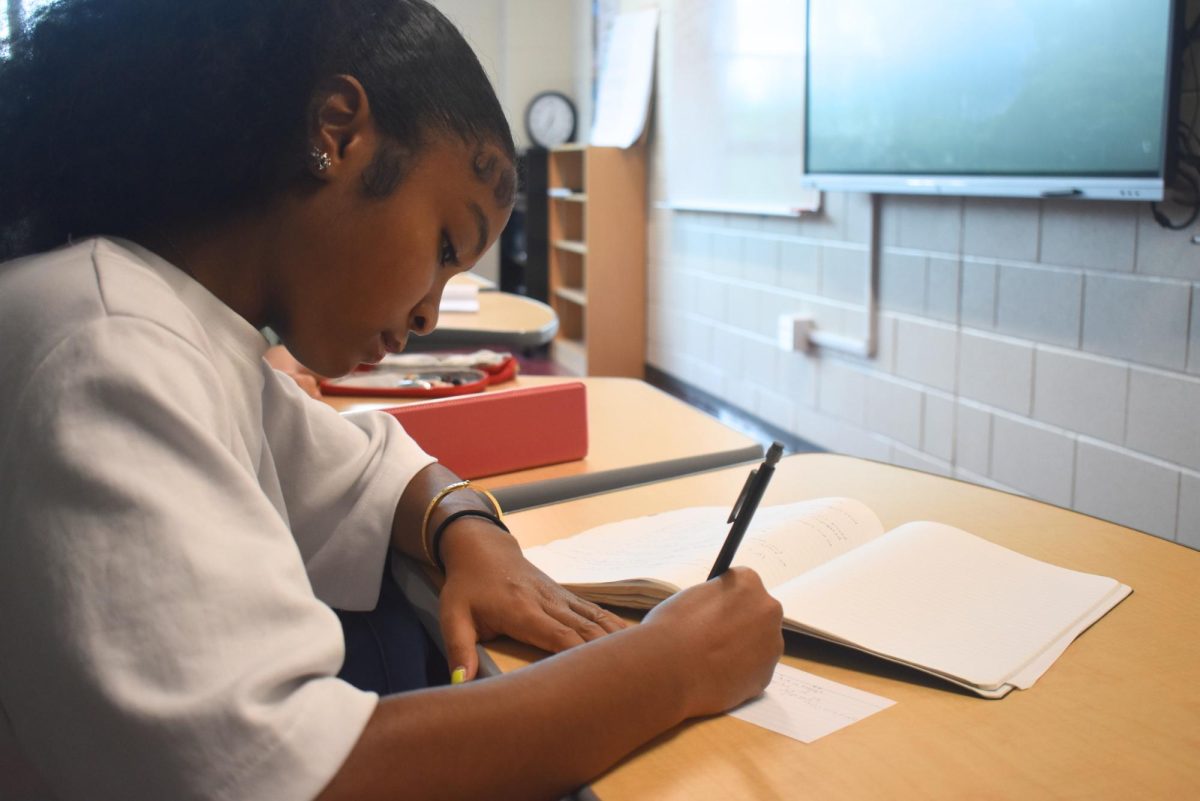
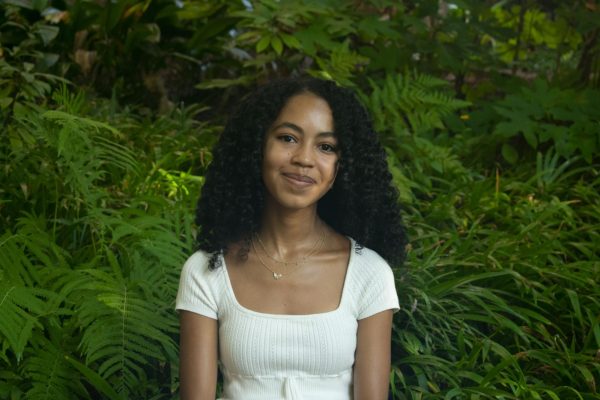
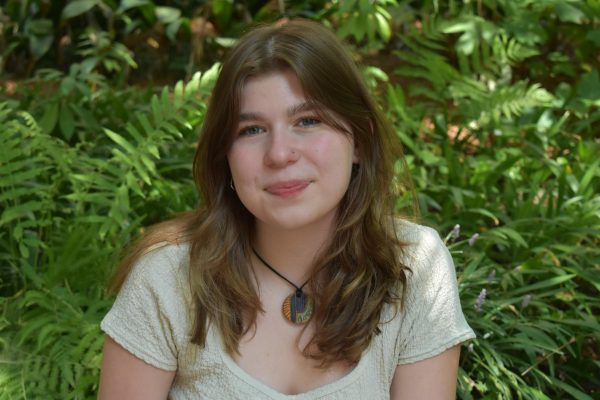
Elizabeth Bagley • Aug 23, 2025 at 6:54 pm
Good reporting! Libraries add so much!
Alan Lee • Aug 21, 2025 at 8:13 am
Spot on! Requesting permission to reprint with all credits?